Today February 2 is a special day for linguists and English language teachers.
On this day, in the evening of February 2, 1786, a revolution began in Calcutta.
At the third annual meeting of the Asiatic Society, which he had founded 3 years earlier when arriving from Britain to be a Supreme Court judge in India, Sir William Jones (1746-1794) gave a speech.
It has gone down in history as ‘the philologer speech’. Later linguists have claimed the theory he described that evening ”is one of the most important in the history of ideas’’ (Garland Cannon)
This is the crucial extract from his lengthy speech:
‘’ The Sanscrit language, whatever be its antiquity, is of a wonderful structure; more perfect than the Greek, more copious than the Latin, and more exquisitely refined than either, yet bearing to both of them a stronger affinity, both in the roots of verbs and the forms of grammar, than could possibly have been produced by accident; so strong indeed, that no philologer could examine them all three, without believing them to have sprung from some common source, which, perhaps, no longer exists; there is a similar reason, though not quite so forcible, for supposing that both the Gothic and the Celtic, though blended with a very different idiom, had the same origin with the Sanscrit; and the old Persian might be added to the same family’’
That evening, Sir William Jones essentially launched the science of modern comparative linguistics.
He outlined his theory that Sanskrit, Latin and Greek had a common source, a common parent language, and they might also be related to other language groups such as Celtic languages, Germanic languages and Persian.
This speech, and the further development of his theory of the existence of an Indo-European language family through subsequent essays, had a huge impact on the academic world.
Linguists were immediately captured by the theory and across Europe scholars turned their attention to the study of the links between Indo-European languages and later the theoretical reconstruction of the original Indo-European language.
Modern scholars consider his insights to have been ground-breaking, creating a new field of science:
‘’Jones’s brilliant suggestion put linguistic scholars on the right track of conceiving human speech to be groupable in families members of which were derived from a common archetype…….’’ (Suniti Kumar Chatterji, Portraits of Linguists)
If you want to pay homage, visit St Paul’s Cathedral where there is a statue of him frozen in marble in 1799 by sculptor John Bacon……a tribute to a linguistic polymath who changed the way people looked at language.
Longer version on the Language History Materials tab


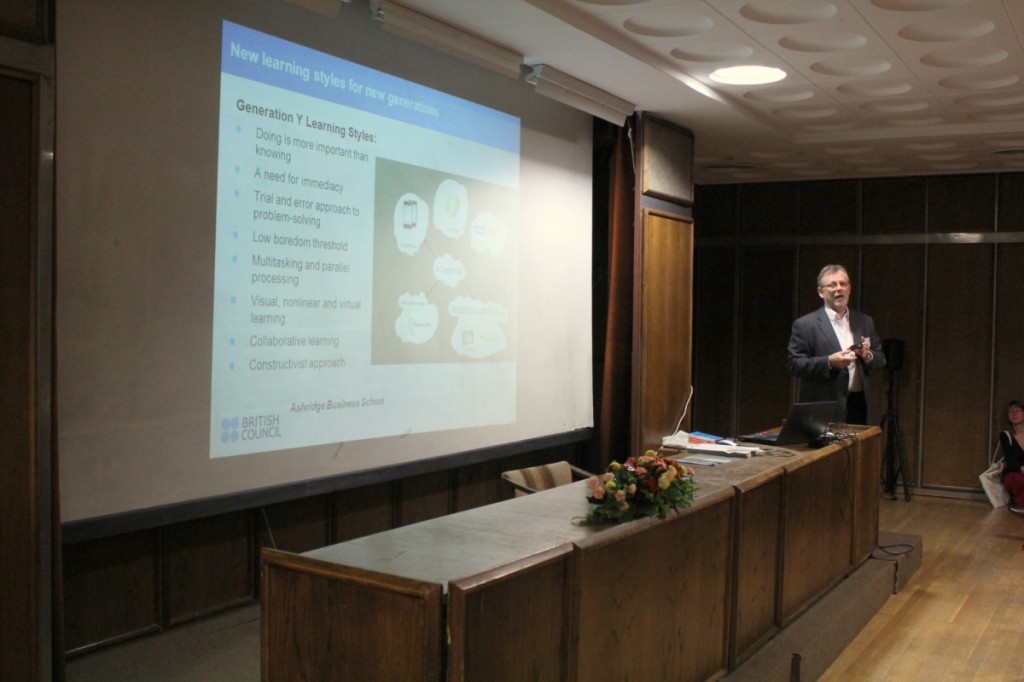
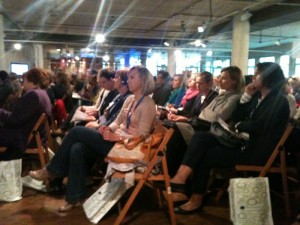

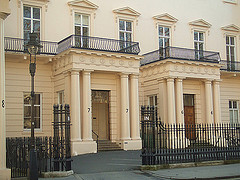
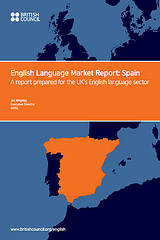
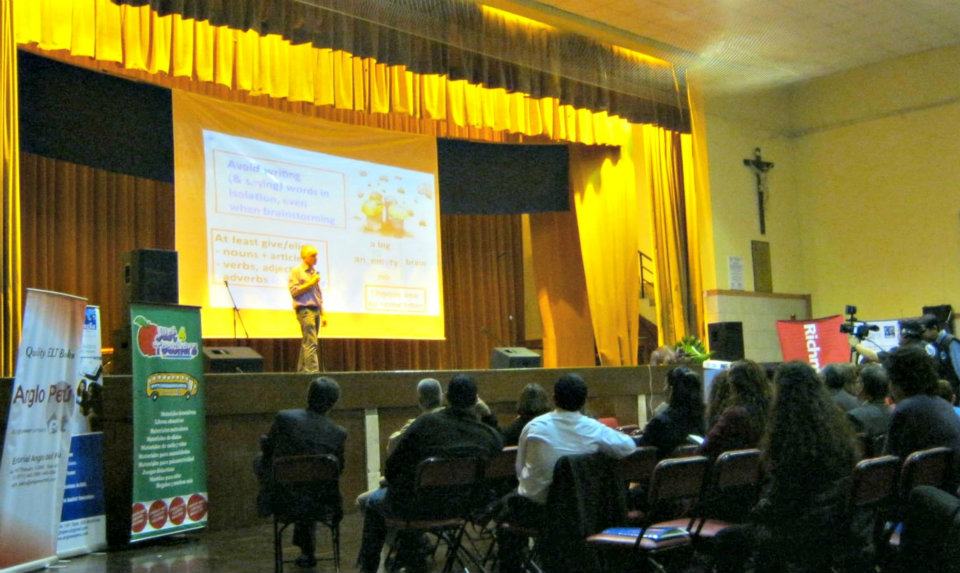


 Being originally from Manchester, though, it pains me slightly to admit how much our rival port of Liverpool has developed in recent years. The city centre and the docks have been completely transformed to create a tourist and cultural focus equal to many in Europe, and the swarms of European tourists in the streets underlined that this city has been radically improved.
Being originally from Manchester, though, it pains me slightly to admit how much our rival port of Liverpool has developed in recent years. The city centre and the docks have been completely transformed to create a tourist and cultural focus equal to many in Europe, and the swarms of European tourists in the streets underlined that this city has been radically improved.